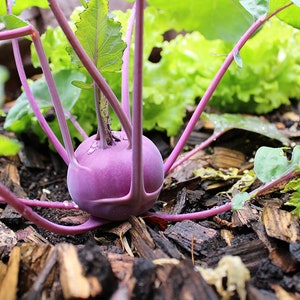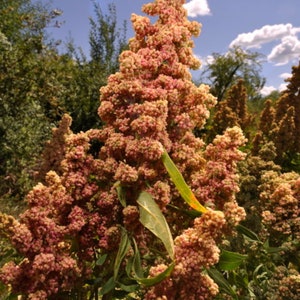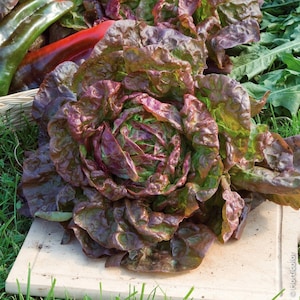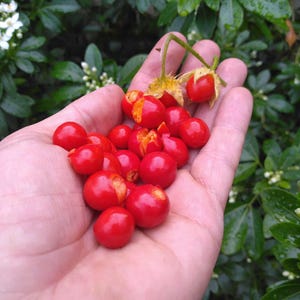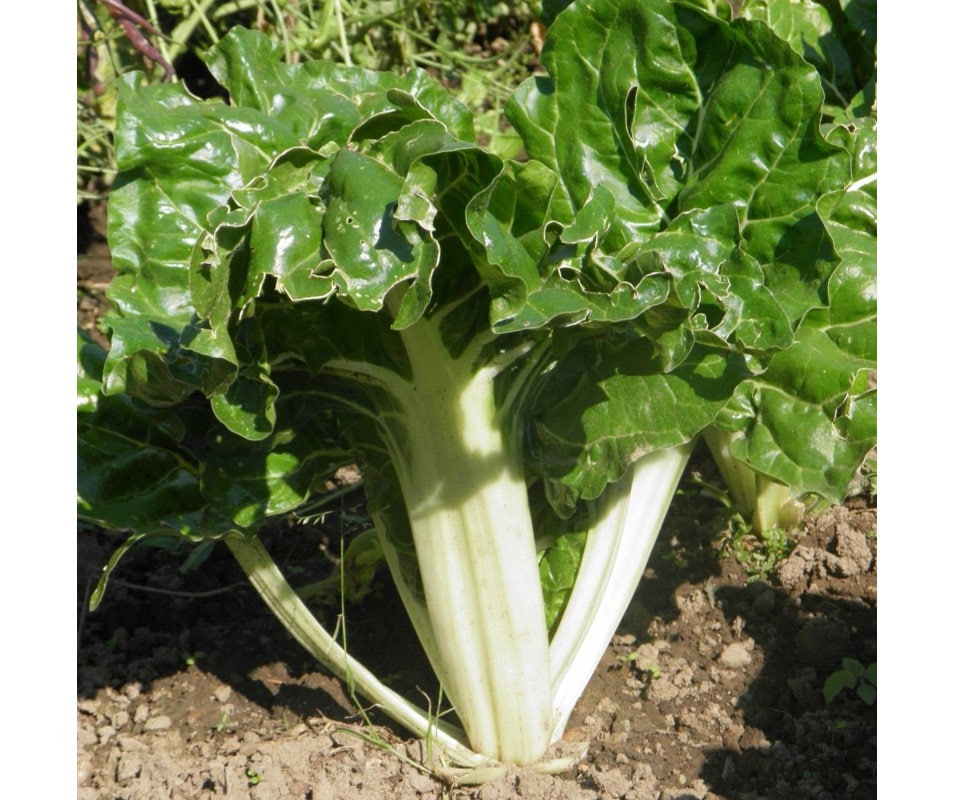
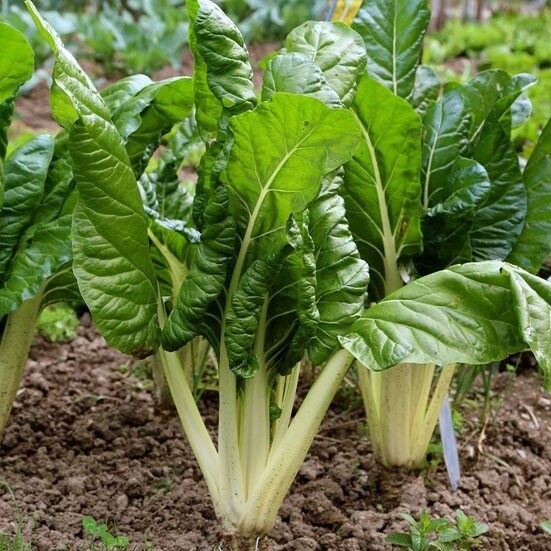
plante alimentaire
White chard seed (chard)
$3.68
-
DetailsWhite Swiss Chard Seed (Beta vulgaris cicla) 3 grams approx 125 glomeruli
Cardoons are delicious cooked in butter, cream, with meat juice, in a gratin. The leaves are used in soups or like spinach.
This vegetable, very easy to grow, is known by many different names: Swiss chard, chard, joutte, blette, carde. Swiss chard is one of the vegetables richest in fiber, which makes it very effective in combating intestinal laziness. Its leaves are an excellent source of vitamin C (35 mg per 100 g) with recognized antioxidant properties.
Climate: Temperate.
Exposure: Sunny.
Soil: Deep and fresh.
Sowing: In place, from April to the end of May. Sow in pockets of 3-4 seeds.
Spacing: 40 cm on the line, in line 40 cm apart.
Harvest: 2 to 2.5 months after sowing.
Good pairings: Swiss chard appreciates being near carrots, kohlrabi, radishes, turnips and dwarf beans. However, avoid growing it next to leeks.
Fertilization: The Swiss chard will appreciate having the ground prepared in the fall with a Vegetable Fertilizer and compost. On the other hand, fresh manure should be avoided. During cultivation, a supply of seaweed-based fertilizer (Bioalgua) is an excellent fortifier.
Maintenance: Keep the soil cool until emergence, which generally occurs after 10 to 12 days. When the plants have a few leaves, keep only the most vigorous per pocket. Hoeing and weeding are essential during cultivation. Frequent watering. Since Swiss chard fears drought, mulching is recommended in case of high heat.
Diseases and parasites: Although certain diseases affect the chard, they do not necessarily require curative treatment.
Mildew, which covers the chard leaves with a grey dust, can be prevented by spraying with Bordeaux mixture. Curative action can be considered as soon as symptoms appear.
Cercospora leaf spot and rust cause the foliage of the chard to die back after being soiled with small yellow or rusty spots. These diseases can be treated like downy mildew.
Young plants, sometimes attacked by black aphids, can be treated in the evening dew by spraying with Pyrethrum-based Anti-Aphid insecticide.
When defoliating noctuids attack the chard leaves, it is then a good idea to treat with a biological insecticide made from Bacillus Thurengiensis.
Crop rotation: It is advisable to wait 3 to 4 years before bringing the chard back to the same place.
Reproducible seeds harvested exclusively in the Pot'à'Jo garden, a horticultural and permaculture market garden of 1500m². Everything is cultivated there with deep respect for nature and their inhabitants. I have been growing my own seeds from seed to seed for years. -
Shipping & Policies
Shipping from France
Processing time
1-3 business days
Customs and import taxes
Buyers are responsible for any customs and import taxes that may apply. I'm not responsible for delays due to customs.
Payment Options
Returns & Exchanges
I gladly accept returns and exchanges
Just contact me within: 14 days of delivery
Ship items back to me within: 30 days of delivery
I don't accept cancellations
But please contact me if you have any problems with your order.
The following items can't be returned or exchanged
Because of the nature of these items, unless they arrive damaged or defective, I can't accept returns for:
- Custom or personalized orders
- Perishable products (like food or flowers)
- Digital downloads
- Intimate items (for health/hygiene reasons)
Conditions of return
Buyers are responsible for return shipping costs. If the item is not returned in its original condition, the buyer is responsible for any loss in value.
